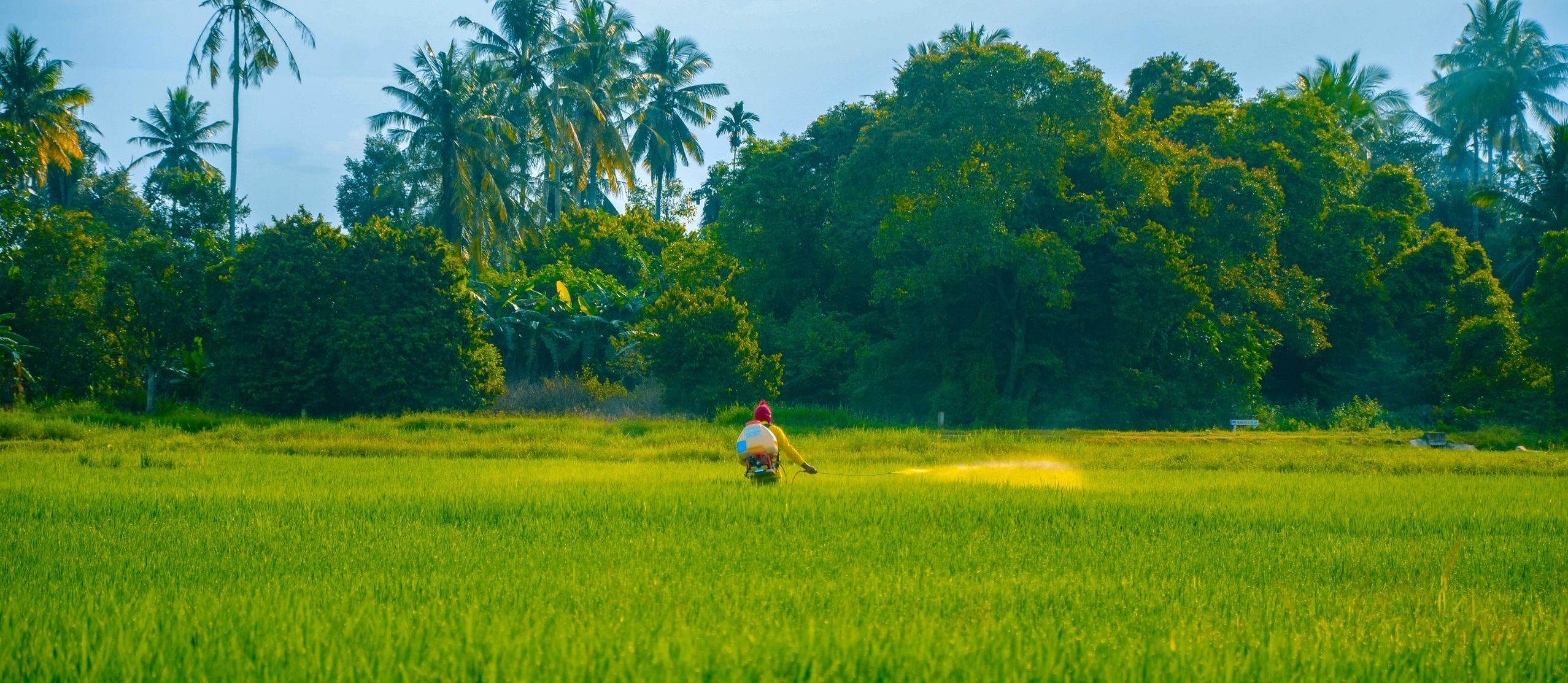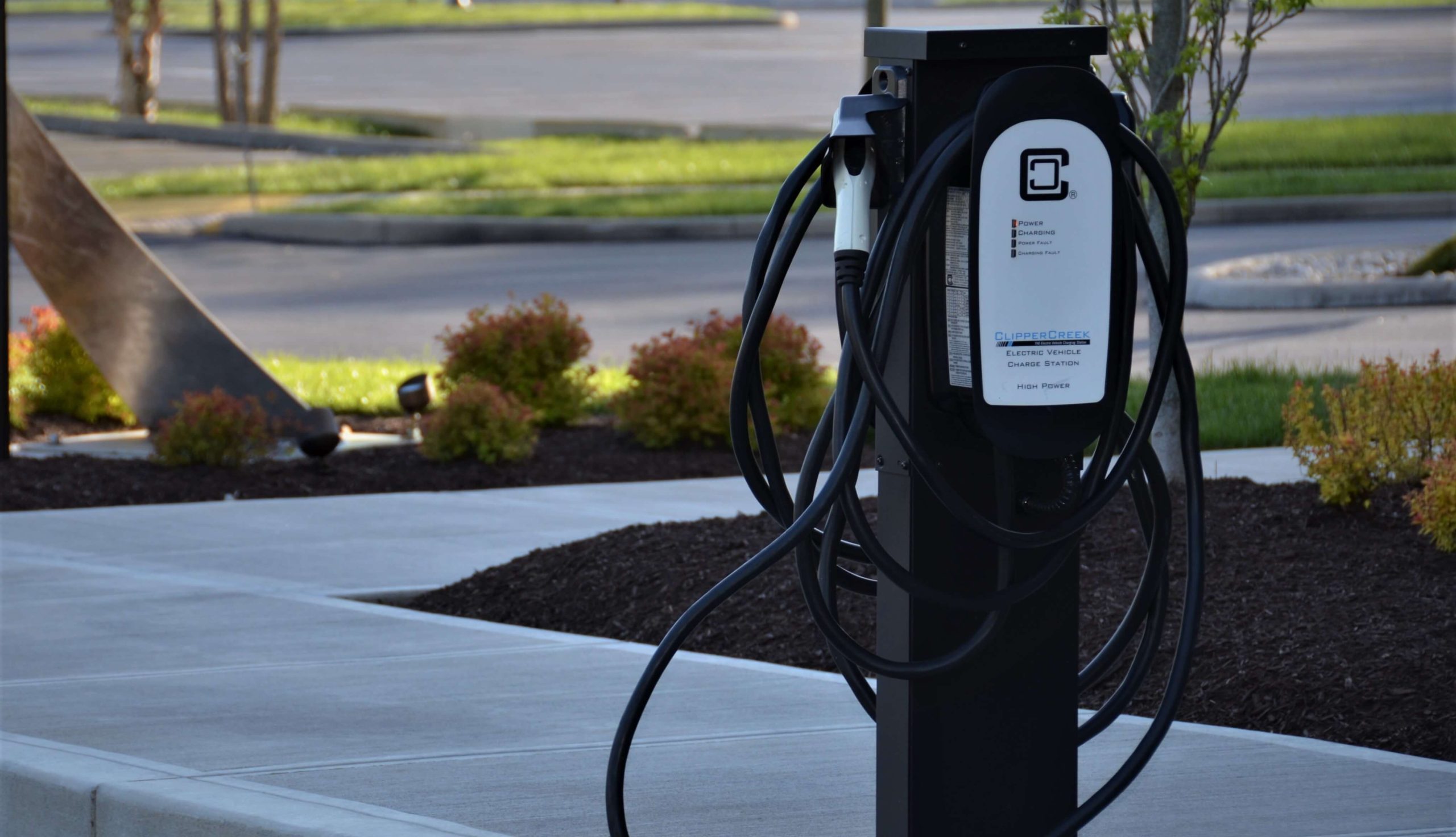Agriculture is more than just a means to feed the world. It’s a vital component of our ecosystems, with the power to either harm or support biodiversity, soil health, and climate stability. Today, we’re witnessing a promising shift from monoculture to polyculture farming practices, a transition that is key to promoting agricultural sustainability and ecosystem health. This blog post delves into the importance of diversifying our agricultural systems and the benefits it can bring.
Understanding Monoculture and Polyculture
Monoculture farming, the cultivation of a single crop over a large area, has been the dominant agricultural practice since the advent of industrial agriculture. While it allows for streamlined planting and harvesting, monoculture farming often results in serious environmental consequences, including biodiversity loss, soil degradation, and increased vulnerability to pests and diseases.
On the other hand, polyculture farming involves growing multiple crop species in the same space. Inspired by the diversity of natural ecosystems, polyculture designs can range from intercropping (growing two or more crops in proximity) to complex agroforestry systems.
The Benefits of Polyculture
Diversifying Plant and Animal Life: Polyculture farming promotes biodiversity by providing a habitat for a variety of plants and animals. Each species plays a unique role in the ecosystem, contributing to a balanced and resilient environment.
Enhancing Soil Health: Diverse plantings help improve soil health. Different plants contribute various nutrients to the soil and have different root structures, which can help prevent soil erosion and improve soil structure.
Promoting Pest and Disease Resistance: In a diverse polyculture system, pests and diseases are less likely to spread rapidly compared to monocultures. The diversity of plants creates a natural barrier, disrupting the life cycle of pests and reducing the incidence of disease.
Increasing Resilience to Climate Change: Polyculture systems, with their diversity of crops, are more resilient to climate fluctuations. If one crop fails due to extreme weather, others may survive, providing a safety net for farmers.
The Journey from Monoculture to Polyculture
Transitioning from monoculture to polyculture requires a shift in mindset and farming practices. Farmers need to consider the compatibility and complementary nature of different crops, as well as adjust planting and harvesting techniques. However, the ecological and economic benefits that polyculture systems offer make the transition worthwhile.
Many farmers have already begun this transformation, adopting practices such as cover cropping, intercropping, and agroforestry. Furthermore, some farmers are integrating livestock into their cropping systems, an approach known as silvopasture, enhancing the symbiotic relationships between plants and animals.
Conclusion: Towards a Diverse and Resilient Agricultural Future
As we face the pressing challenges of climate change, biodiversity loss, and food security, the need to diversify our agricultural systems has never been greater. Shifting from monoculture to polyculture is not a mere option; it’s a necessity for our ecosystem health and resilience.
Polyculture farming offers a vision of an agricultural future that aligns with the principles of nature. By embracing diversity, we can cultivate farming systems that are robust, resilient, and productive. This transition will not only support the health of our planet but also secure our food supply for generations to come.
The journey towards a polyculture future will require knowledge sharing, community collaboration, and supportive policies. However, with each step we take, we move closer to an agricultural system that nourishes us and the ecosystems we depend on. It’s a system that works in harmony with nature rather than against it, utilizing the principles of diversity and cooperation inherent in healthy ecosystems.
The success of this transition will be underpinned by education and advocacy. Farmers and agricultural workers will need to be supported in gaining the skills and knowledge required to implement polyculture systems effectively. Consumers can also play a pivotal role by choosing to support farms and businesses that prioritize sustainable and diverse agricultural practices.
Policy change is another critical piece of the puzzle. Governments and institutions should support research into polyculture farming and provide incentives for farmers to transition from monoculture systems. Additionally, agricultural education should incorporate the principles and practices of polyculture farming to prepare the next generation of farmers for a more sustainable future.
Technology, too, has a role to play in this transition. From precision agriculture tools that allow for efficient management of diverse crops to platforms that facilitate knowledge sharing among farmers, technological innovation can support the shift to polyculture farming.
The transition from monoculture to polyculture is undoubtedly a considerable challenge. Still, it’s a necessary one if we are to create an agricultural system that supports not just human life, but all life on Earth. It’s a vision of agriculture where efficiency and productivity don’t come at the expense of the environment but are achieved through working with nature’s wisdom.
In embracing polyculture farming, we are sowing seeds for a more resilient, diverse, and sustainable future. We are acknowledging that in nature, everything is interconnected, and our farming practices should reflect this. As we embark on this journey, let us remember: diversity is not just the spice of life; it’s the very essence of life. And in fostering diversity on our farms, we are truly nourishing the ecosystems we depend on and securing a better future for us all.








